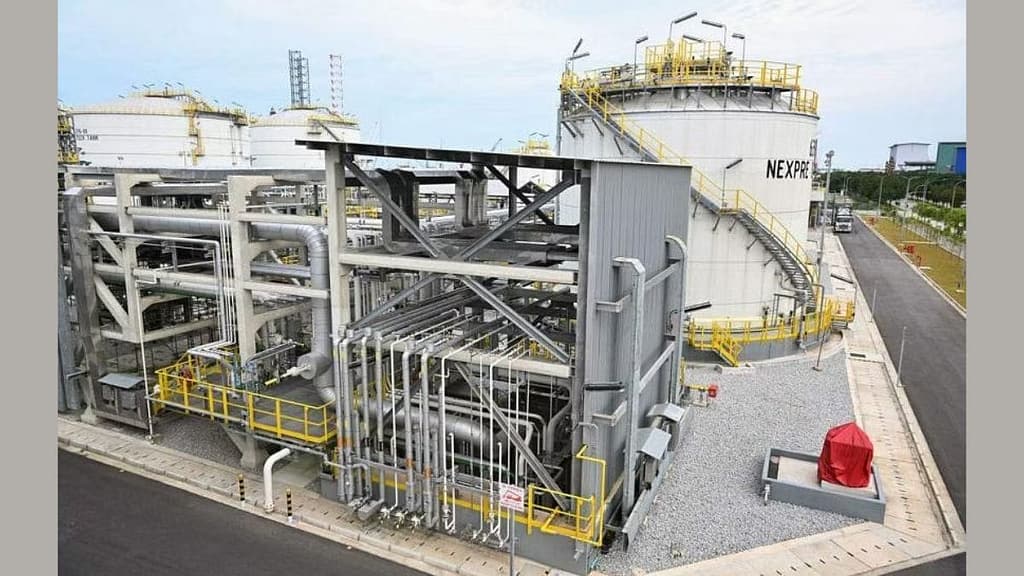New Delhi: Singapore has become the proud host of the world’s largest production facility for jet fuel derived from waste materials such as used cooking oil and animal fats, marking a significant milestone in the country’s commitment to reducing carbon emissions. This achievement comes after Finnish energy giant Neste completed a 1.6 billion euros (S$2.3 billion) project to expand the capacity of its Tuas South refinery, which initially began in 2019 but faced a year-long delay due to the Covid-19 pandemic.
Following the expansion, the refinery now has the capability to produce up to one million tonnes of sustainable aviation fuel (SAF) annually, which is ten times Neste’s previous capacity. The production at the upgraded facility, which also manufactures renewable diesel and renewable raw materials for polymers and chemicals, commenced in mid-April and is expected to increase gradually throughout 2023.
Recognizing the growing demand for greener fuel in the aviation sector, Neste plans to enhance its refinery in Rotterdam, adding an additional 500,000 tonnes of SAF production capacity by the beginning of 2024. Furthermore, there are intentions to further expand the Rotterdam plant, targeting a maximum annual SAF production capacity of 1.2 million tonnes by the end of 2026.
SAF has emerged as a promising near-term solution to reduce carbon emissions caused by airplanes significantly. This fuel meets all the quality and performance requirements of conventional fossil fuels, making it an ideal choice for the aviation industry. Despite currently costing three to five times more than regular jet fuel, SAF has the potential to contribute approximately 65 percent of the emission reduction needed by the aviation sector to achieve net-zero emissions by 2050, according to estimates by the International Air Transport Association.
Starting from July 2022, Singapore Airlines and Scoot flights departing from Changi Airport have been utilizing a blend of regular jet fuel and SAF produced by Neste as part of a year-long trial. Several other airlines, including American Airlines, Ryanair, Malaysia Airlines, and Etihad, have also operated flights using similar fuel blends.
The expansion of Neste’s Tuas South refinery not only doubles the company’s total production capacity for renewable fuels and materials in Singapore to 2.6 million tonnes per annum but also expands the refinery’s land area from 19 hectares to 45 hectares. The workforce at the refinery has also grown significantly, increasing from approximately 120 employees before the expansion to nearly 300 at present.
The expanded plant incorporates new features such as a higher-capacity pre-treatment facility capable of processing a wider range of challenging raw materials used for SAF and renewable diesel. Additionally, a wastewater treatment plant has been built, eliminating the need to outsource treatment and disposal to licensed companies as was previously done. Furthermore, a new hydrogen production unit enables Neste to utilize gases emitted from its production process to produce the hydrogen required for fuel refinement.
Neste remains committed to exploring the utilization of lower-quality waste materials for the production of renewable fuels. An example of this is the oil extracted from wastewater generated by palm oil mills. The company is also actively engaged in developing innovative solutions, such as algae, to expand and diversify the sources of raw materials suitable for renewable fuel production.










